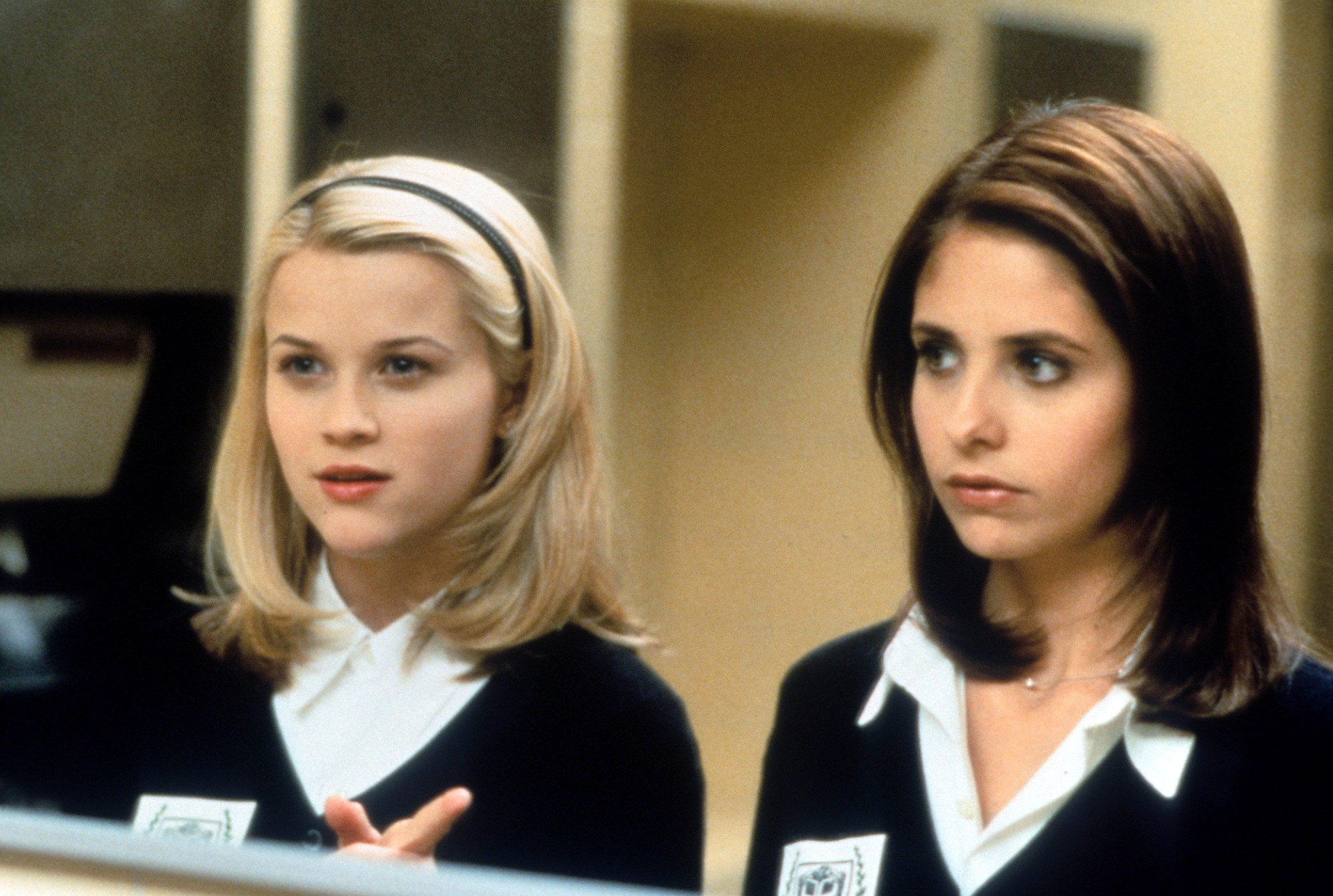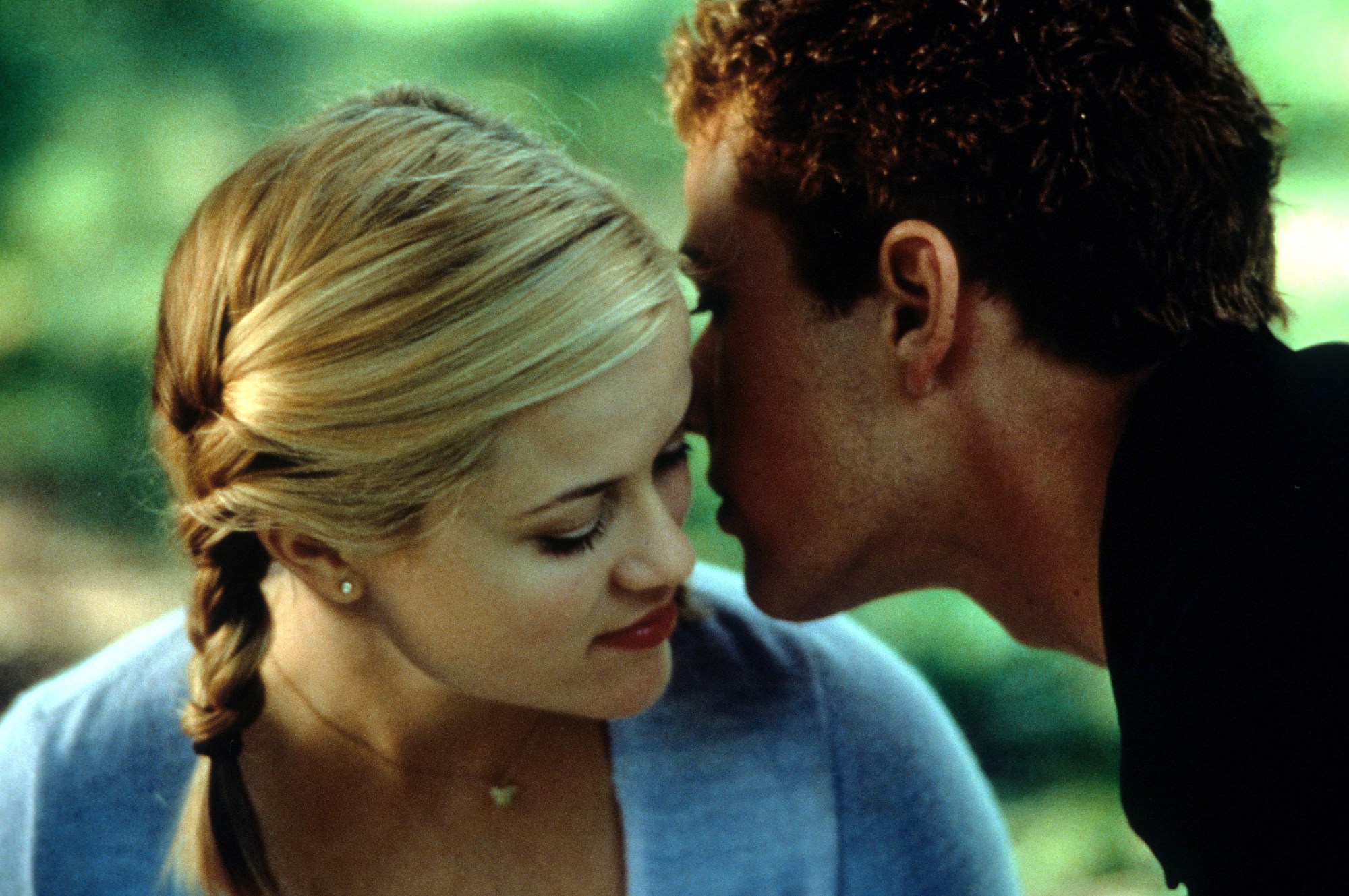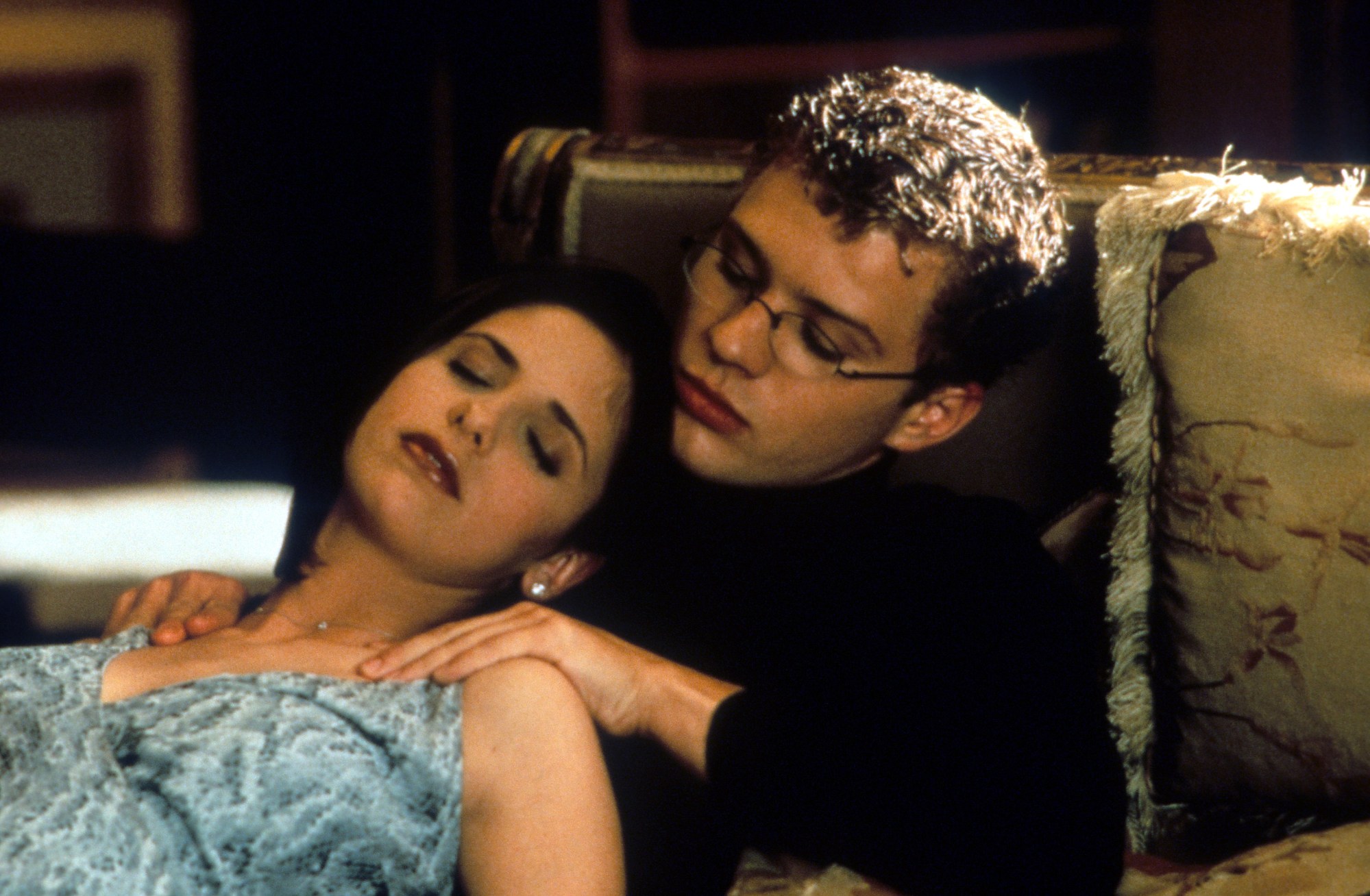As a teenager I was one of Cruel Intentions’ biggest fans, obsessed with the 1999 movie’s provocative narrative and highly memorable soundtrack. Upon receiving my license in 2004, I remember many afternoons spent driving around my hometown blasting The Verve’s “Bittersweet Symphony” on the car stereo while “Colorblind” by Counting Crows was reserved for more somber days when my heart was broken by one of my various teen crushes.
With improper sex education in school and little experience with boys, I watched the movie over and over again, subconsciously taking in the problematic messages it transmitted about women and men. While overtime I moved onto other films like Almost Famous and Garden State, Cruel Intentions remained a classic that defined my pre and post pubescent years.
Yet, upon re-watching the film last year for the first time in a long time, I realized some dark truths about the classic movie I once loved so much. As I watched the same storyline unfold on my screen, my enjoyment of the film seemed to turned sour like an old carton of milk forgotten at the back of the refrigerator. Looking back at the film now, exactly twenty years later, it’s interesting to consider the ways it portrayed some of the nuances of gender, sexuality, and race in the late 1990’s, offering us a compelling glimpse into the media that shaped our current world view.

“I can’t feel sorry for myself because I’m some poor little rich boy,” admits Sebastian Valmont (Ryan Phillippe) to his therapist in the beginning of the movie. The therapist, like other women in the movie, falls for his seemingly innocent act. Yet minutes later we learn their relationship is just another one of the teenager’s mind games. As he leaves the office, her daughter calls her crying because a guy — who told her he loved her and that she had beautiful legs — put naked pictures of her online without her consent. Before the therapist realizes the guy is actually Sebastian (who has done this to women prior), she blames her daughter for getting herself into this messy situation, yelling in the phone, “How could you be so stupid?”
Despite Sebastian’s culpability for the distressing and illegal situation, he, like many men today, gets off scot-free. Within just a few minutes of the movie we learn that Sebastian is a snobbish and slick teen boy who always gets what he wants, no matter the difficulty or cost.
After Sebastian’s grand entry, we’re introduced to his cooly seductive step sister, Kathryn Merteuil (Sarah Michelle-Gellar), who has signed up to show newcomer Cecile Caldwell (Selma Blair) around their school on the Upper East Side of Manhattan. “I hope she rises to the high standards you’ve set for her,” Cecile’s mother, Mrs. Caldwell tells Kathryn. During the scene, Cecile, who wears a t-shirt with a Koala graphic on it and a short skirt, naively opens her legs and reveals her underwear. “Keep your legs together this isn’t Jamaica!” shouts her mother, a not-so-subtle indication of her racist demeanor. While Cecile’s mother voices her concern over Sebastian’s reputation, little does she know that she’s already handed her daughter over to the school’s secret master manipulator.
Later, through the step siblings’ witty banter, we learn that their parents have left them to fend for themselves that summer – Sebastian admits that he’s sick of sleeping with “insipid Manhattan debutantes” while Kathryn explains a new revenge scheme to get back at an ex-boyfriend who dumped her for Cecile. But instead of targeting the ex directly, she devises a plan to turn Cecile into a “tramp” so that the attack can’t be traced back to her and she maintains her good image.
Attempting to enlist her brother to seduce virgin Cecile while using her own sex appeal to get his attention, Sebastian initially rejects her proposal saying it’s too easy, and that there’s another virgin he wants to conquer – Annette Hargrove (Reese Witherspoon) who wrote a virginity manifesto in a teen magazine. Meanwhile, Annette, who will be newly attending their school in the fall too, also happens to be staying with his aunt. “Can you imagine what this will do my for my reputation?” he says. “Screwing the headmaster’s daughter before school starts. She’ll be my greatest victory.” Together, the siblings devise a bet to see who can conquer their quests first – if Sebastian loses he’ll forfeit his 1956 Jaguar Roadster while if Kathryn loses she’ll, “fuck his brains out”, something he has wanted to do since becoming her stepbrother.
From there, we see the extreme lengths Sebastian and Kathryn will go to win the bet. While Sebastian buys his way into Annette’s heart with a monogrammed backpack and blackmails a closeted gay guy into telling Annette he’s a good person so she’ll give him a chance, Kathryn schools Cecile on all things boys and sex, pretending to know what’s good for her and secretly turning her in for having a relationship with her black music teacher.

Yet in the end, Sebastian falls in love with Annette for real, a first for the boy who has always used emotionless sex and manipulation to fill his personal voids. Due to this, he turns down the opportunity to seduce Kathryn, rejecting her only when she is finally ready to give it up to him. In retaliation, she criticizes his softness as a means to regain control over the situation. Yet, when he does ultimately end it with Annette, Kathryn dismisses him, saying it amused her to make him ashamed of his feelings and give up on the first person he ever loved because his reputation was on the line.
Like most media of the same time period, Cruel Intentions offers us an example — a particularly exaggerated example — of the damaged, patriarchal framework white supremacy has provided us with in which black men like Cecile’s music teacher were inferior, men can’t have feelings or show real emotions, and girls who were virgins were simultaneously seen as good and pure, or possibly lesbians. Beyond this, the film showed that only men can get away with seducing and manipulating women — though Sebastian does die in the end, Katherine is the one who is the punishable sexual deviant, while he, despite all of his wrongdoings, is seen as an angel worth memorializing. With this, the film promotes the notion that despite everything men do, they are never bad nor punished, while women are only seen a “good” when men decide so.
These days, it’s hard to watch, let alone enjoy, something nostalgic that is so glaringly sexist, racist and homophobic. Still, the movie does draw attention to the strides we’ve made in contemporary culture as well as the necessity for deep critical reflection of the questionable media that shaped us and made us into the people we are today. To think of all the movies out there tinged by the thick paint of the patriarchy, which taught me and so many others lessons about consent and sexuality in a world wired to favor white cisgender men. As Millennials and all generations navigate a post Internet and #MeToo climate, let the 20th anniversary of this cult classic be a reminder of the work we still need to do to make media that is equal and sensitive to all folks and marginalized groups.


